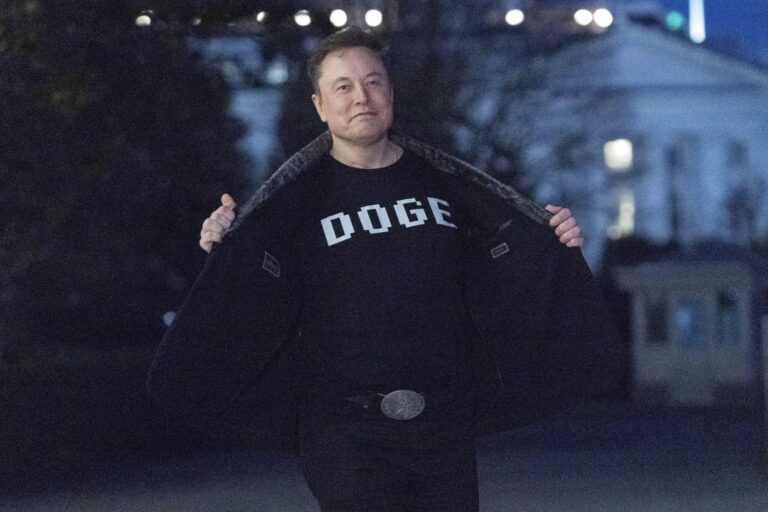Elon Musk’s Influence on the One Big Beautiful Bill Act: A Divided Congress
Introduction
In the ongoing debates regarding legislation in Washington, the billionaire Elon Musk has taken a notable stance against the One Big Beautiful Bill Act, a proposal projected to significantly increase the national deficit. With Musk’s call to "kill the bill" echoing through social media, lawmakers are navigating their responses.
Musk’s Opposition to the Bill
On Wednesday, Musk, who has become a vocal critic of the proposed legislation, took to X (formerly Twitter) to express his concerns. He stated:
“Call your Senator, Call your Congressman. Bankrupting America is NOT ok! KILL the BILL.”
This outcry came after he labeled the bill a “disgusting abomination,” leading to a wave of reactions from congressional leaders.
The Financial Impact
The One Big Beautiful Bill Act is projected to add approximately $2.4 trillion to the U.S. deficit over the next decade, which has raised alarms among various lawmakers. Many question its long-term consequences, citing concerns over fiscal responsibility.
Speaker Johnson’s Response
Despite Musk’s influence and notoriety, House Speaker Mike Johnson maintains that the bill is a well-crafted piece of legislation, developed over fourteen months. Johnson attempted to reach Musk personally but had little success, noting:
“I called Elon last night and he didn’t answer… He’s very friendly.”
Johnson stressed the urgency of moving forward, stating:
“We don’t have time for a brand new bill… You cannot make perfect the enemy of the very, very good.”
Legislative Sentiment: A Non-Factor?
While Elon Musk remains a prominent figure in pop culture and tech, several senators, like North Dakota’s Senator Cramer, have dismissed his input as largely irrelevant in legislative matters. Cramer expressed,
“To be honest, Elon’s not that big of a factor… We’re serious policymakers.”
This sentiment suggests a growing divide between celebrity influence and the rigorous demands of governance.
Key Takeaways from Senate Discussions
During a recent closed-door meeting among Republican senators, the focus was primarily on internal matters rather than any overarching strategy to unify the party behind the One Big Beautiful Bill. Key highlights included:
- Committee Reports: Senators heard from chairmen of the Senate Commerce and Armed Services Committees on their progress.
- Ongoing Concerns: Topics such as the deficit explosion, a proposed $5 trillion debt ceiling hike, and state regulations on AI received little attention.
Conclusion
In this environment, where influential voices may clash with established governance, the future of the One Big Beautiful Bill Act hangs in the balance. As lawmakers work diligently to refine the legislation, it seems that Musk’s celebrity status might not sway the legislative process as he had hoped.
Understanding the dynamics of money and governance is crucial in evaluating the implications of such proposed legislation. For an in-depth analysis of the bill’s potential effects, visit Congress.gov for the latest updates.


